I have fallen behind in my Super Granny posting because I have been wearing my other hat, as the author of THE COMPLETE BOOK OF BREASTFEEDING, which I am now revising for its fourth edition. The first edition, for which I consulted with New York pediatrician Marvin S. Eiger,M.D., was published in 1972, the third edition came out in 1999, and I'm thrilled that the book has become a classic in the field and has sold about two million copies (!). I'm now revising again, in consultation with a wonderful young Connecticut pediatrician, Laura M. Marks, M.D.
I'm finding the revision process still interesting, since I'm dealing with some new topics that I hadn't written about before or that I'm expanding in this edition. One is the role of the grandmother. When I was nursing my first baby, 51 years ago in 1957! and didn't know anyone else who was doing this, my mother was my staunchest supporter even though she had not had much luck nursing her own children. But sometimes women who have not nursed themselves don't understand what it's like for a breastfeeding mom. I recently read about one grandmother whose feelings were deeply hurt because she had apparently broken the bank to equip a nursery in her home with crib, baby bathtub, the works, and was hurt when her daughters-in-law gave her “excuses” for not letting their 2-month-old and 5-month-old breastfed babies spend the night at Grandma’s.
Some of the comments to a Q & A that appeared in the local newspaper that this grandma wrote into were so hostile to this grandmother, accusing her of meddling, controlling, you-name-it. But I saw a woman who wanted to be involved with her grandchildren and felt shut out -- and just didn't understand what life is like for a nursing mom and baby. A similar letter from another grandmother (another mother-in-law) appeared on the Huffington Post just last week, May 22, and received a wonderful reply from psychologist Mona Ackerman. You can access this at http://www.huffingtonpost.com/mona-ackerman/all-about-breastfeeding_b_103041.html. It's a really understanding response that empathizes with the grandmother's feelings -- and still emphasizes the fact that every mother is entitled to discover the joys of parenting on her own. Or as I am putting it in the draft of my new edition: "Bite your tongue when you disagree with such parenting issues as bed-sharing, feeding on demand, and the like. You had your turn bringing up babies; now your job is to support, not to question."
Glitter Leaves
5 months ago














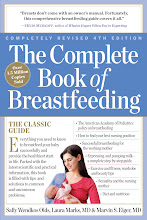







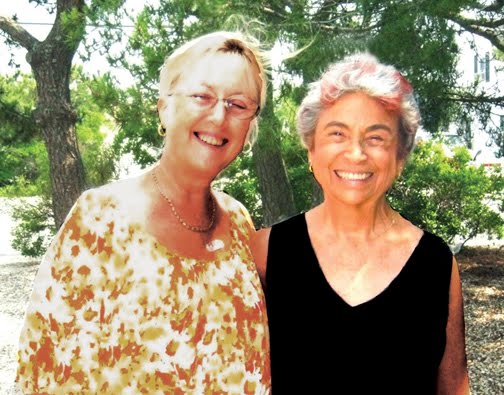.jpg)
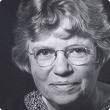


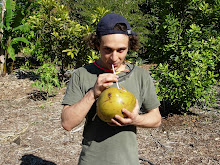

.jpg)
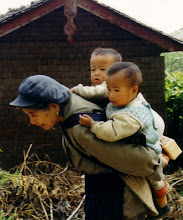.jpg)
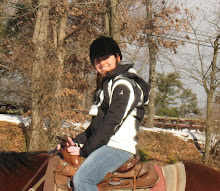.jpg)
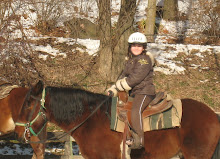.jpg)
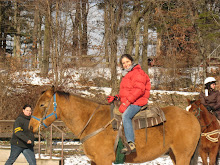

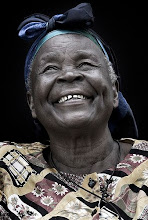

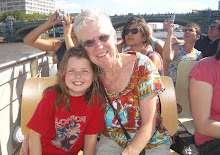.jpg)






.jpg)